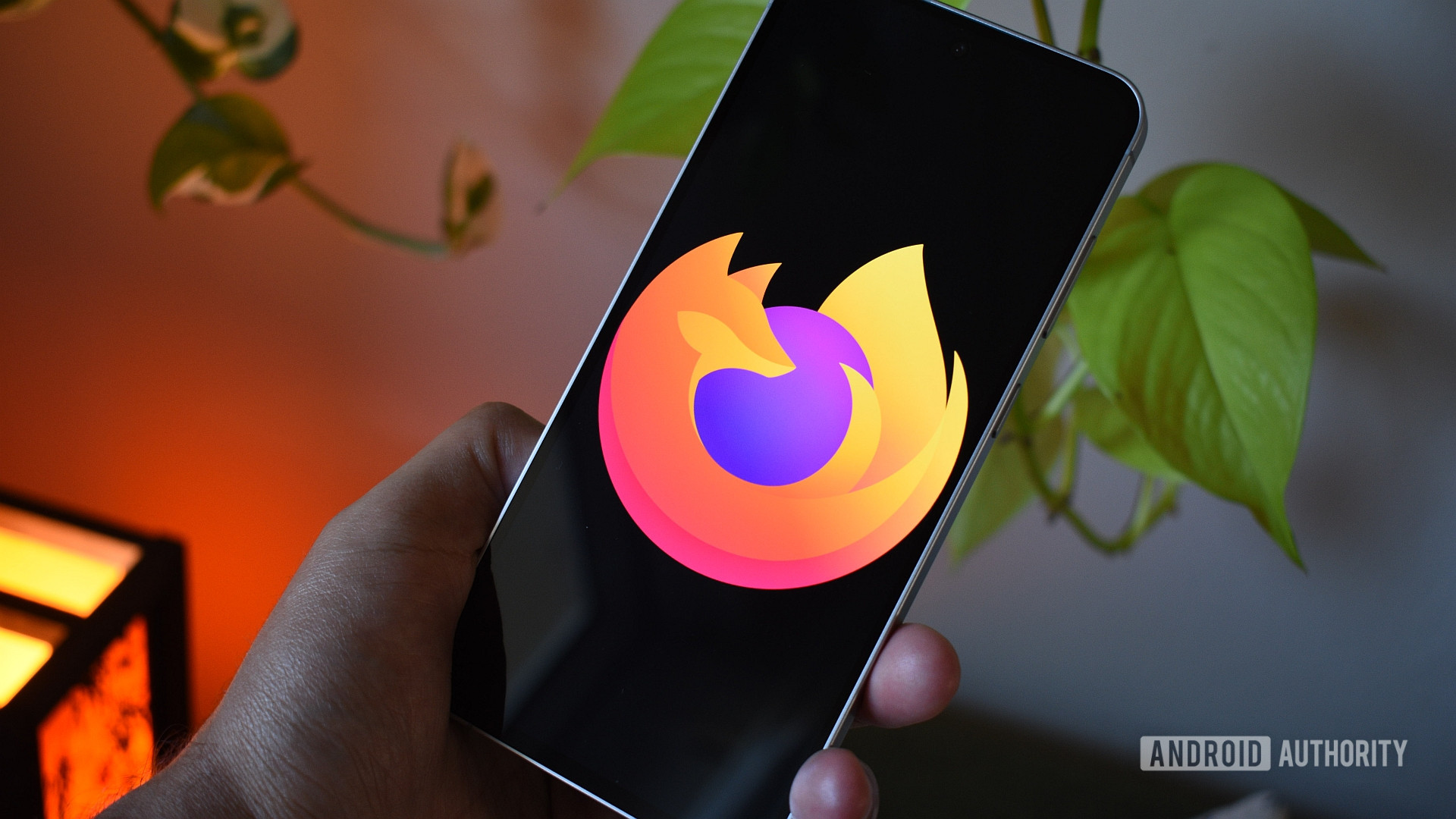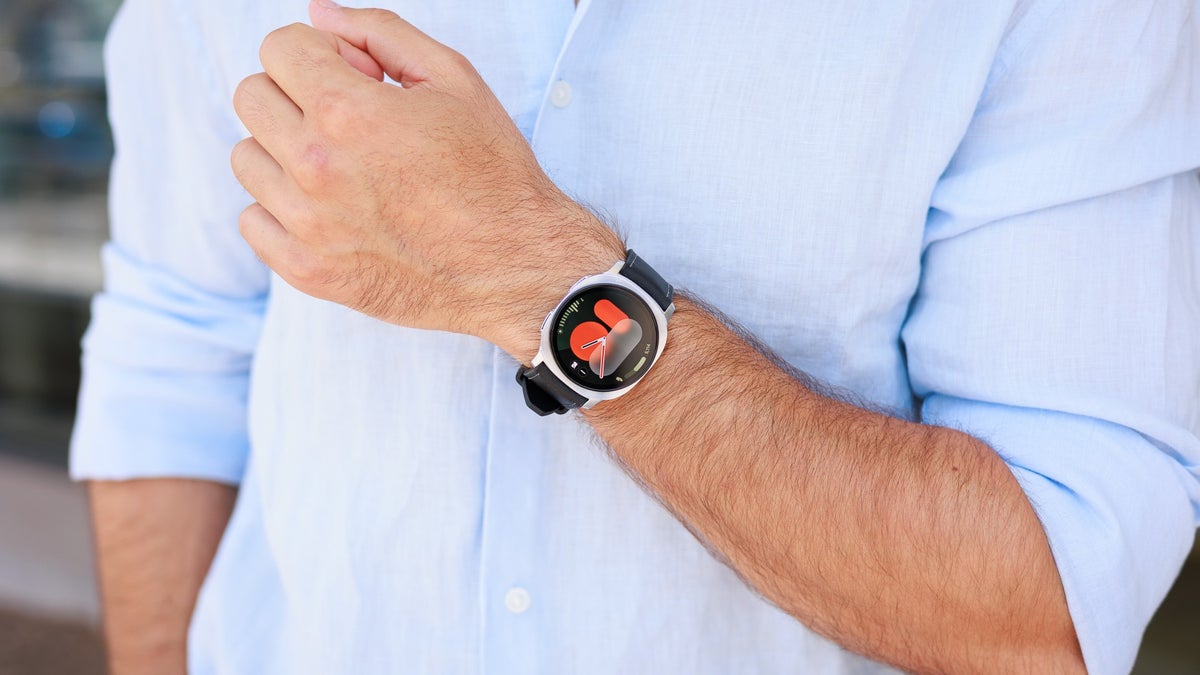Generative AI has made its way onto the professional soccer field.
Laura Harvey, head coach of Seattle Reign FC, said this week that ChatGPT helped her come up with a new defensive strategy.
Speaking on the Soccerish Podcast, Harvey said she was curious if ChatGPT could answer questions about soccer. So she started prompting OpenAI’s chatbot with questions about her team.
At first, she asked broad questions like, “what is Seattle Reign’s identity?” She didn’t really love the answer.
But then she asked: “What formation should you play to beat NWSL teams?”
It then listed every team in the women’s soccer professional league, with a suggested formation. And for two of the teams, it suggested “back-five,” a defensive setup using five players in the backline.
Harvey said she wasn’t super familiar with the strategy and had not used it as a coach.
She took the AI suggestion to her coaches and the staff did a deep dive on the potential change.
“We liked it,” Harvey said. “And it worked — we won the game.”
Harvey, a three-time NWSL Coach of the Year, didn’t reveal the opponent but said they were “really good.” Now the team uses the formation as an option during matches. The Reign have improved since last season and are ranked fourth in the NWSL heading into the playoffs.
It’s a fascinating example of using AI as a tactical consultant, combining human expertise and intuition with machine suggestions.
Across industries, professionals are treating tools such as ChatGPT as sounding boards — running ideas by them, exploring scenarios, or pressure-testing strategies before making decisions.
OpenAI’s own research this year found that people increasingly rely on ChatGPT “as an advisor rather than only for task completion.”
“ChatGPT likely improves worker output by providing decision support, which is especially important in knowledge-intensive jobs where productivity is increasing in the quality of decision-making,” according to the research.










